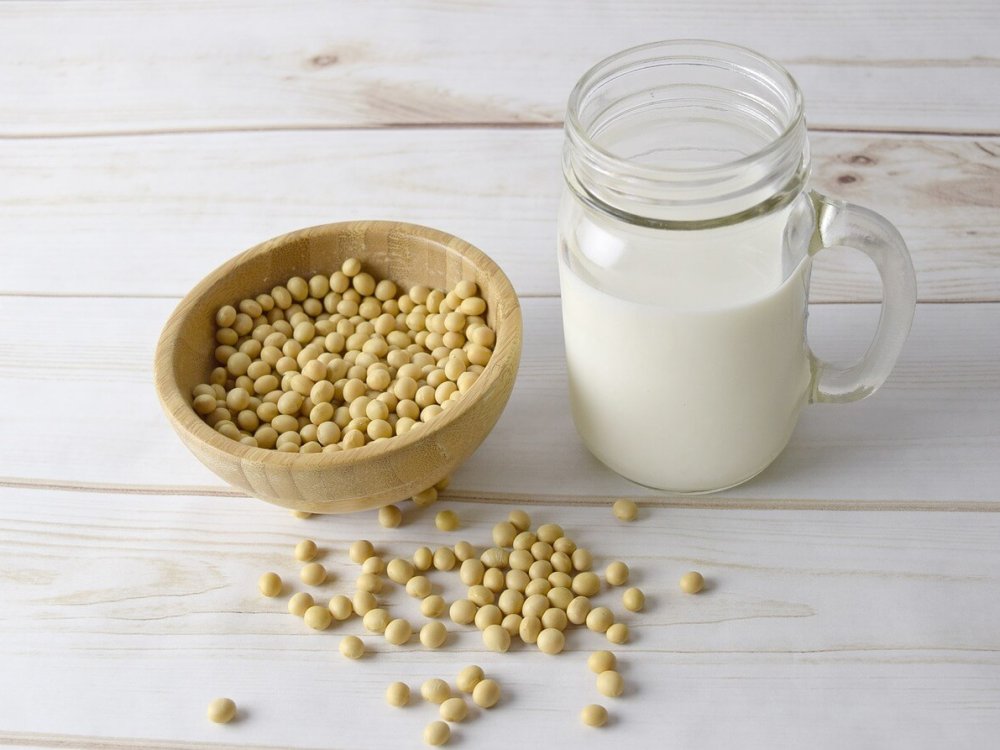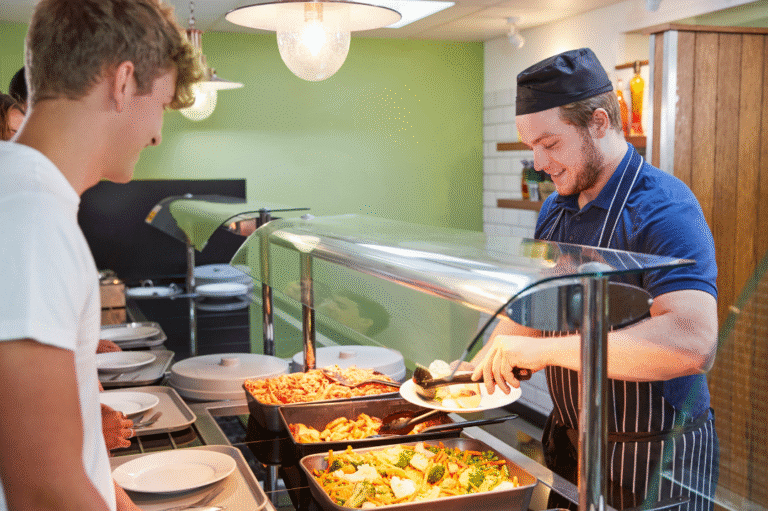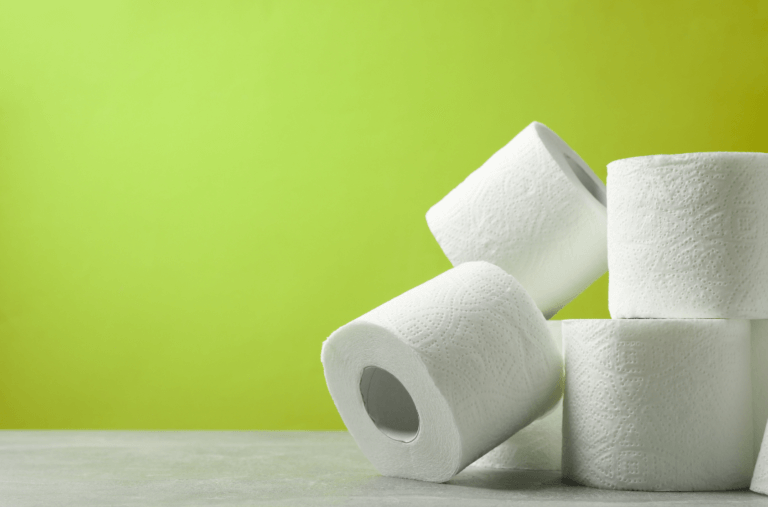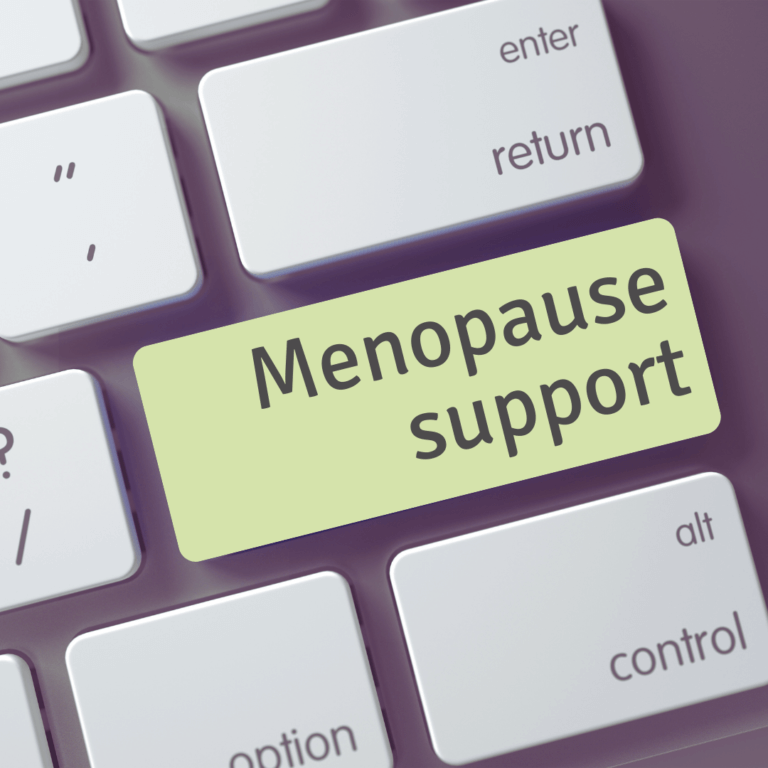Soya foods, when eaten in sufficient quantities, can have a beneficial impact on the health of menopausal women.
Soya foods and drinks are a uniquely rich source of isoflavones. These are naturally occurring plant compounds, sometimes referred to as phytoestrogens or plant oestrogens.
There are a variety of ways to include soya in the diet. Most common are soya drinks, tofu, soya meat alternative products and edamame beans (the young, green soya beans). Fermented soya products include: miso, natto, tempeh and soya alternatives to yoghurt.
If you are perimenopausal, here’s three things about soya foods you should know.
1. Soya foods and drinks could help reduce hot flushes
Evidence shows that including soya foods and drinks in your diet could help reduce menopausal hot flushes. Around 80% of women experience hot flushes during perimenopause.
It’s thought that the isoflavones in soya have a weak oestrogen-like effect. However, as they are a different compound to oestrogen, they don’t alter oestrogen levels in the body. Including approximately 50mg of isoflavones daily (as two servings of soya foods and/or drinks) could help reduce the severity and frequency of hot flushes.(1) It’s worth noting that if you do introduce a few servings of soya foods a day, it may take a while for the effects on menopausal hot flushes to be felt – possibly several weeks.
2. Soya foods are beneficial for heart health
Heart health is particularly important for perimenopausal and postmenopausal women. Oestrogen has a positive effect on heart health. So, as oestrogen drops after menopause, a women’s risk of heart disease risk increases.
Too much saturated fat in the diet is a major risk factor for high cholesterol and heart disease. Soya foods are naturally low in saturated fats and provide heart healthy unsaturated fats. Evidence has shown soya’s nutritional profile to be beneficial for heart health.(2) Including soya foods and drinks as part of a healthy balanced diet has been linked with improved heart health.
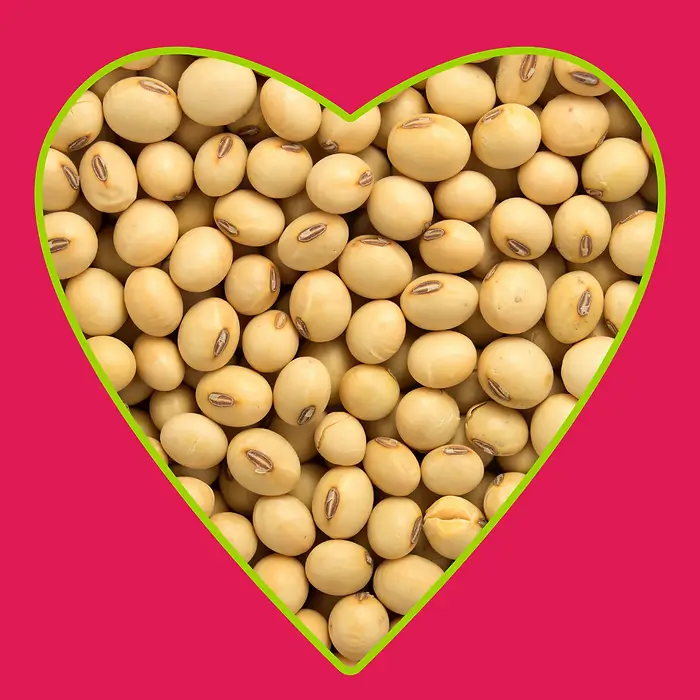
3. Soya foods help support your muscles
From our 30s, we start to lose muscle mass and strength gradually as we age. This decline in muscle mass is faster during the perimenopause and for up to two years postmenopause. Muscle continues to decline with age after this, but at a slower rate.
Consuming adequate protein, spaced across the day, alongside regular strength exercises is key for maintaining and building muscle. Soya is a highly digestible and high quality protein which can play a key role in a healthy diets. Studies show that soya is just as effective as whey or other animal protein in terms of building muscle. As long as you are eating adequate energy and protein within a balanced diet, there will be no difference in muscle gains for those following a vegan, vegetarian or meat containing diet.
In summary, soya is a great source of high-quality protein, healthy fats as well as important vitamins, minerals and beneficial bioactive components. Including 1-2 servings of soya foods and drinks in your daily diet can be beneficial for perimenopausal women.
Want to know more about soya and how to incorporate it into your diet? Check out our Soya Freebie or for more detailed information and recipes – see our ebook ‘Soya and Phytoestrogens’
You may also find my previous blog post: ‘Eating Well for Menopause’ useful.

